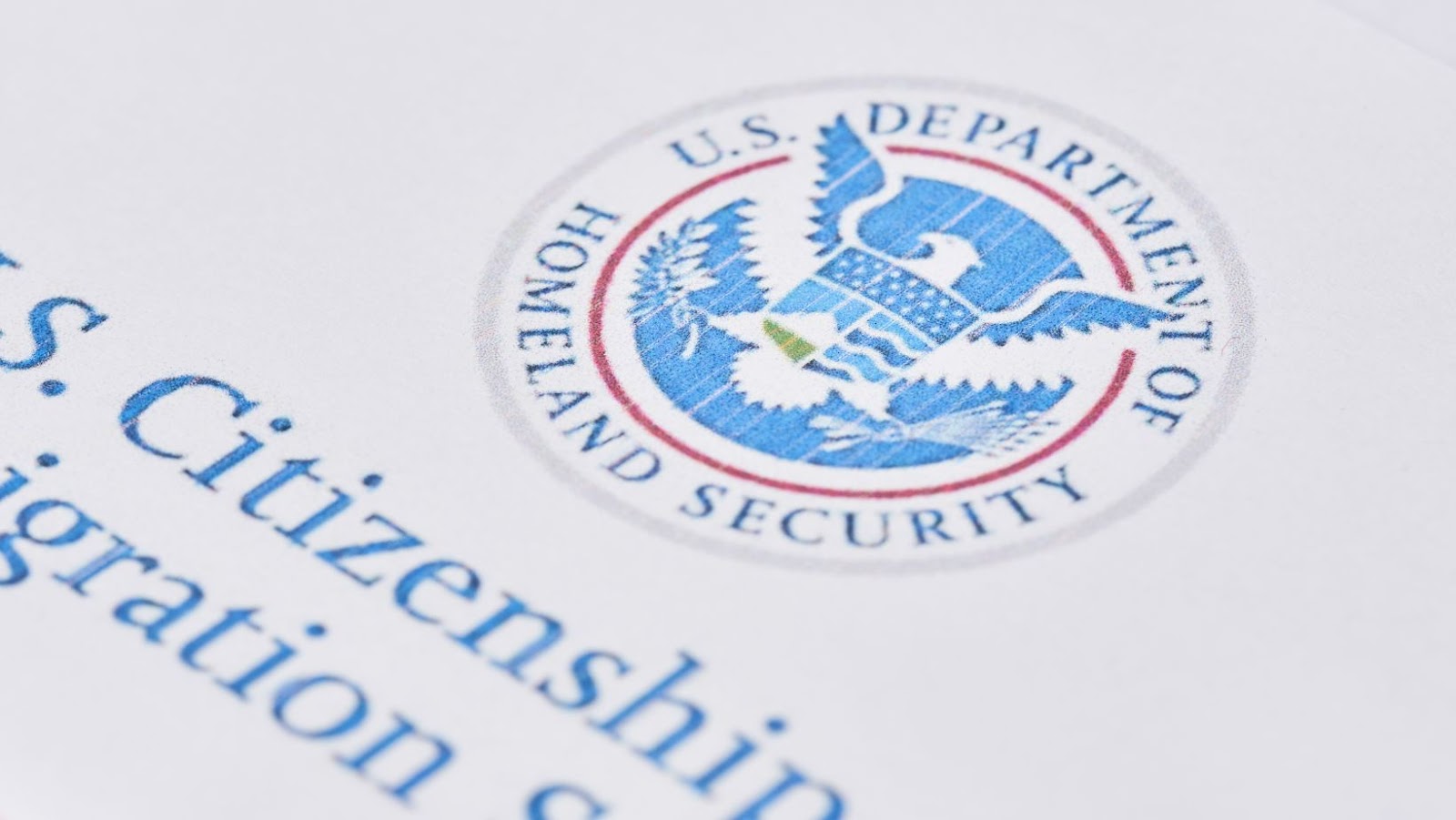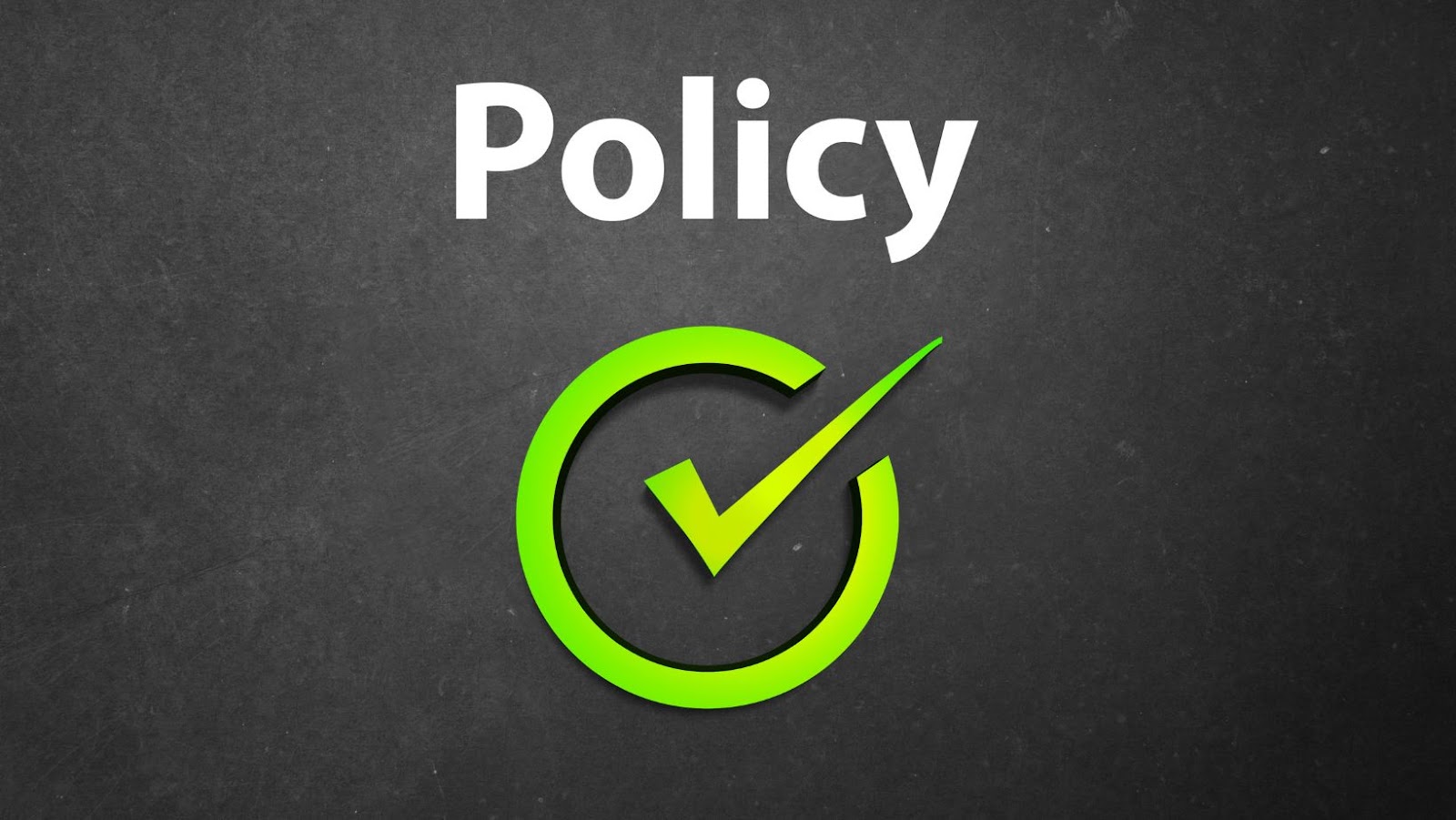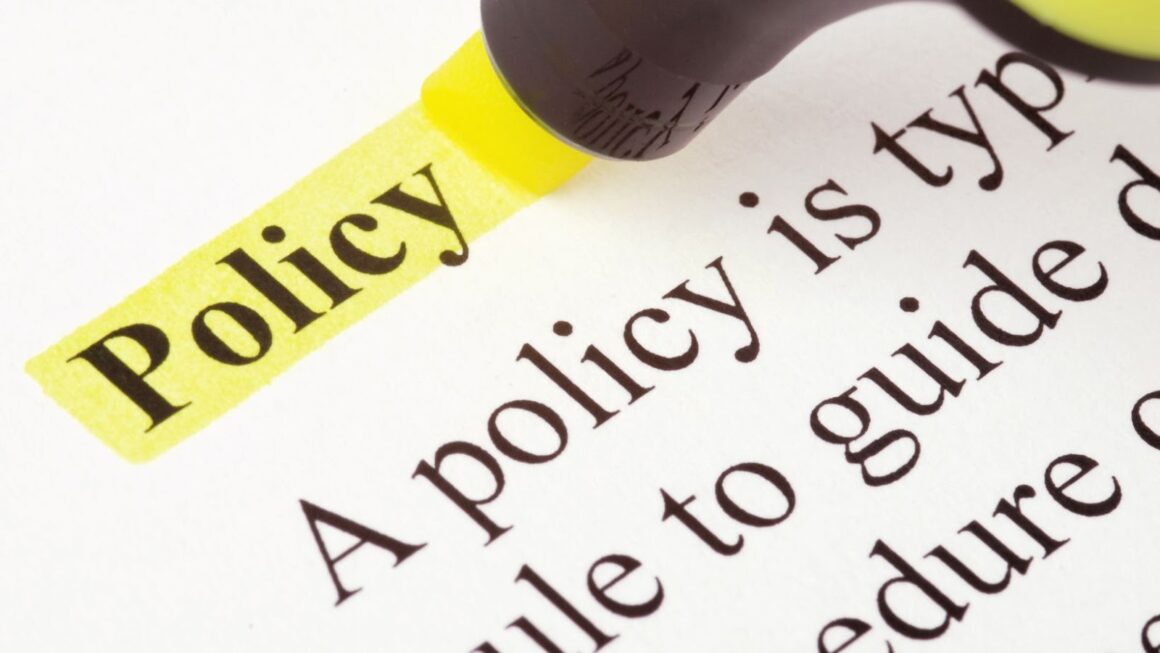Are you concerned about the safety of your data online?
Facebook has announced the appointment of ex-FCC Chairman Ajit Pai as its US Public Policy Chief to identify and address pressing issues around data privacy. But, will this be enough to protect our personal information?
Facebook makes ex-FCC chairman its US public policy chief after data scandal
Facebook, the social media giant, recently confirmed former Chairman of the Federal Communications Commission (FCC) Tom Wheeler will take over as its new US Public Policy Chief. The news follows a move by the tech giant to bolster their policy team in recent months with more expertise in communications and public policy.
Wheeler’s appointment signals that Facebook is positioning itself to further engage Washington lawmakers and lobbying groups on several issues it faces today, including data protection, online privacy and content moderation. Wheeler brings over 30 years of public policy experience to his new role, having served three terms at the FCC between 2013 and 2017.
At Facebook, Wheeler’s primary job will be to build out the company’s US policy operations for the long-term. He’ll also use his knowledge and experience to focus on shaping policies in key markets across the country, from broadband infrastructure and access issues to judicial reform legislation straight out of Capitol Hill. His success could have far-reaching implications for other tech companies operating within America.
Overview of Facebook’s Data Scandal
Facebook has been facing increasing scrutiny after a data scandal involving Cambridge Analytica, a U.K.-based political research firm that obtained personal information on around 87 million Facebook users without their consent. The scandal has put considerable pressure on Facebook as government agencies, news publications, and the public call out the company for permitting a third party to access user data without their explicit knowledge or permission.

In response to the outcry, Facebook appointed Nick Clegg as its new head of global affairs and communications in October 2018. Clegg is tasked with leading the company’s lobbying efforts in Europe and North America, although he will not be tasked with dealing directly with the fallout from Cambridge Analytica. An experienced politician and former deputy prime minister for England, Clegg brings an impressive resume to bear during this period of intense scrutiny for Facebook.
As investigations have progressed into how exactly Cambridge Analytica accessed private information from 87 million users without their knowledge – and how it used that information during election campaigns around the world – attention has turned to how Facebook will go about tightening its privacy protocols so that this doesn’t happen again in the future. Under Clegg’s tutelage, it will be interesting to see how committed Facebook is in reconsidering what it sees as a “proper way” of safeguarding user privacy while still providing them access to content they enjoy.
Potential Impact of the Appointment
Facebook’s new US public policy chief, Will Easton, brings knowledge and experience to the role. With a background in government, tech and media, Easton is well-placed to help bridge the gaps between policy makers, regulators and Facebook. His appointment raises the prospect that Facebook will now be better able to navigate the ever-evolving landscape of public policy domestically and abroad.
By bringing on someone with significant understanding of how governments work, both in the United States and globally, this appointment could help Facebook respond more quickly and confidently to emerging issues. Additionally, Easton’s knowledge of Europe’s privacy regulations makes him ideally placed to help ensure Facebook’s long-term compliance on topics such as GDPR.
In addition to his intimate knowledge of the industry, Will has also demonstrated an aptitude for communication outside of business circles by having previously been part of political campaigns attempting to bring about greater cultural understanding. This could eventually lead to more successful stakeholder building within the political space for Facebook where trust has been an issue in recent months.
Though only just beginning his role this December 2020, Will Easton has already set a course for potentially improved outcomes for Facebook’s US operations by combining his tech expertise with a deep understanding of government processes from within the Beltway belt around Washington D.C.. Alongside other game-changing initiatives from within CEO Mark Zuckerberg’s team over this period (including AI improvements Asilomar Framework) such as The Zuckerberg-Chan Initiative and its global internet access Pledges), he looks set make real progress against some steep obstacles here in 2021.
The social media giant Facebook appointed former Federal Communications Commission (FCC) chairman, Ajit Pai, as its new US public policy chief. Mr. Pai had served as the FCC chairman from 2017 to 2021 and was known for his pro-business approach to regulation related to the communications sector.
Before his appointment at the FCC, Mr. Pai was a partner at law firm Jenner & Block based in Washington DC where he specialised in telecommunications and technology. He also served as Associate General Counsel at Verizon Communications, Inc. and Deputy General Counsel at Verizon’s wireless subsidiaries – PrimeCo Personal Communications LP and AirTouch Cellular LP – where he advised on various regulatory matters including mergers and acquisitions and transactional issues.

Mr. Pai also spent time serving on multiple boards of directors including Media Institute’s board of trustees, Gigi Sohn’s non-profit ith “Public Knowledge” which works for stronger copyright laws, an academic study group on telecom law reform supported by Microsoft’s corporate foundation known as Project New Media Literacies (PNML).
During his tenure as FCC Chairman, Mr. Pai focused mostly on deregulating many aspects within the communications sector like eliminating broadband price regulations and rolling back net neutrality rules that provided equal access to all internet services regardless of source or intended use. His appointment will be key in helping Facebook abide by many federal policies related to its operations in the US coupled with technology sector-specific regulation related to privacy and security issues amongst other things.
Challenges Facing the New Public Policy Chief
As Facebook continues to grow, they face unique and ever-changing challenges in public policy regarding the issues they address and their relationships with government organisations.
The new public policy chief hired by Facebook will thus have to handle several daunting tasks:
- Developing strategies to interact and build relationships with various US government agencies at all levels and with nonprofit organisations.
- Engaging in dialogue with official representatives.
- Coordinating policy positions based on the company’s values.
- Researching emerging market trends and crafting effective public policies guided by these trends.
- Gathering relevant data to inform laws directed towards regulating aspects of digital commerce.
- Working closely with internal teams that manage external campaigns related to political topics.
- Finding creative solutions that balance commercial interests and American culture, among many other responsibilities.
When introducing new or revised policies, the new public policy chief must also prepare for potential criticism from social media users, activists, and other impacted stakeholders. As a result, the position will require quick thinking, clear communication skills, political awareness, and a commitment to delivering valuable outcomes for Facebook’s constituents.
Regulatory Implications of the Appointment
The appointment of Facebook’s new US public policy chief raises important questions about the regulatory implications of such a move. This includes considerations related to antitrust, competition and consumer protection measures, privacy policies and communication standards.
The role of the US public policy chief is to serve as a direct contact point for decision makers in government, industry, and other concerned parties with regards to regulatory issues impacting Facebook’s operations. The individual must understand key differences between the various legislative structures and regulations that apply in different countries and regions. Additionally, they must develop strategies for working within existing legislation but proactively respond to changes that could affect Facebook’s operations or policies.
Given the increasing visibility of tech giants like Facebook, legislators will call her to explain complex policies that accompany operational decisions made by the company’s executives. She will also be tasked with providing expertise on how certain regulations may affect business operations in different jurisdictions while ensuring an alignment of interests between all parties involved.
Furthermore, she will need to be proficient in recognizing issues surrounding data privacy protection tools such as GDPR (General Data Protection Regulation) which offers consumer protections against the collection and use of data held within online services. Moreover, her understanding of evolving technologies like machine learning and artificial intelligence will enable her work within current regulations while also considering potential implications surrounding new digital innovations launched by Facebook or its competitors in the marketplace.
What the Future Holds for Facebook
Facebook’s strategy to strengthen its ties with government and policy leaders will be closely watched. Facebook’s new US public policy chief, former Obama White House official Joel Kaplan, is a sign of the company’s willingness to engage more with Washington. However, the company has been criticised for not taking a more proactive stance on policy issues such as election interference and privacy regulation.

To address these concerns, Facebook will likely continue to focus on building relationships with key stakeholders, including politicians and regulators. The company could also rely heavily on self-regulatory approaches, such as requiring companies to adhere to certain privacy guidelines or creating an independent group to assess election-related content on social media platforms. On the data side, Facebook may offer more clarity regarding how it defines user data, collects it, and uses it — especially since it already engages in deep analysis of individuals’ information for various purposes.
In light of its history of contentious relations with lawmakers and regulators worldwide, the future looks promising for Facebook if the company can demonstrate that it is willing to listen and be accountable while balancing its business objectives with broader public interests.



